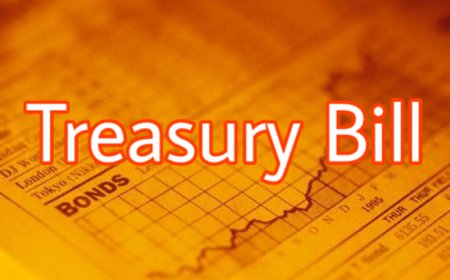Ghana, Japan sign $13.4M deal to boost Tamale’s power supply – Finance Minister announces

The Minority Leader in Parliament, Dr. Cassiel Ato Forson, has fiercely criticized the government’s much-touted Gold-for-Oil programme, branding it a “complete sham.” According to him, contrary to public claims, the Bank of Ghana (BoG) did not use Ghana’s gold reserves for the transaction but instead paid in U.S. dollars — undermining the core premise of the policy.
Speaking on the floor of Parliament and later addressing journalists, the former Deputy Finance Minister accused the government of misleading Ghanaians into believing that the Gold-for-Oil arrangement was a barter system that would preserve foreign exchange reserves and ease pressure on the cedi.
“There was no gold-for-oil. It was dollar-for-oil as usual — the Bank of Ghana paid in U.S. dollars. The whole scheme was nothing but a political gimmick,” Dr. Forson alleged.
Background of the Gold-for-Oil Policy
The Gold-for-Oil initiative, launched in late 2022, was introduced by the Akufo-Addo administration as an innovative way to purchase fuel using Ghana’s gold instead of the scarce U.S. dollar. The policy aimed to stabilize the cedi, reduce inflation, and lower fuel prices.
At its inception, the government claimed that gold purchased through domestic mining schemes would be exchanged directly for petroleum products, eliminating the need for forex transactions and relieving the pressure on Ghana’s reserves.
However, Dr. Forson insists that the BoG failed to implement the barter component, falling back on traditional cash payments in foreign currency.
Bank of Ghana Yet to Respond
The Bank of Ghana has yet to issue an official response to Dr. Forson's claims. However, insiders at the Ministry of Energy have previously maintained that the policy was being executed in phases — with a mix of gold and dollar transactions based on market conditions.
Dr. Forson, however, contends that the policy's lack of transparency and inconsistency in execution has led to minimal benefits for the Ghanaian economy.
“Fuel prices remain unstable, the cedi continues to struggle, and inflation is still high — so what exactly did this policy achieve?” he questioned.
Political and Public Reactions
Dr. Forson's remarks have sparked renewed public debate over the effectiveness and transparency of the Gold-for-Oil policy. Some analysts believe his statements may force the government to provide a clearer breakdown of how the transactions were carried out.
Energy policy analyst, Joseph Narh, commented, “If these claims are accurate, it suggests a serious breach of public trust. The government owes citizens full disclosure.”
As calls mount for an independent audit of the policy’s execution, opposition MPs are demanding that the Minister for Energy and the Governor of the BoG be summoned to Parliament to clarify the situation.
The controversy adds to mounting pressure on the government to account for key economic interventions introduced during Ghana’s ongoing fiscal recovery under the IMF program.
What's Your Reaction?


















































































